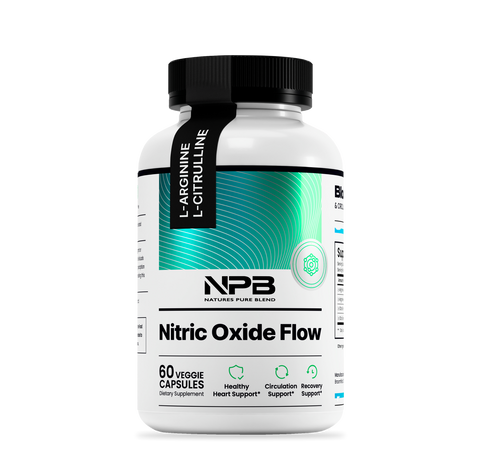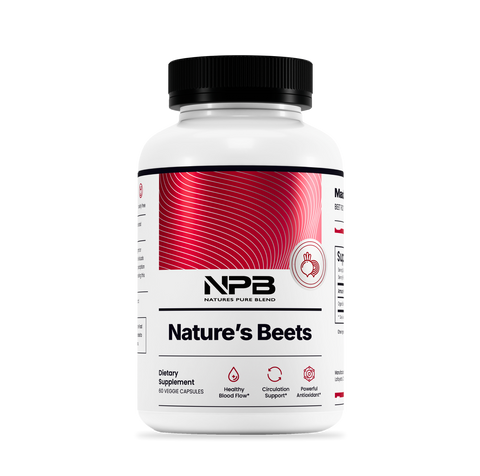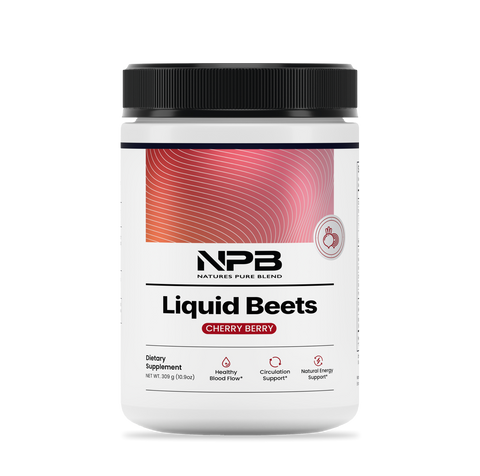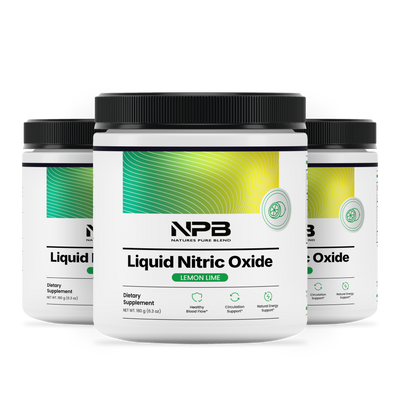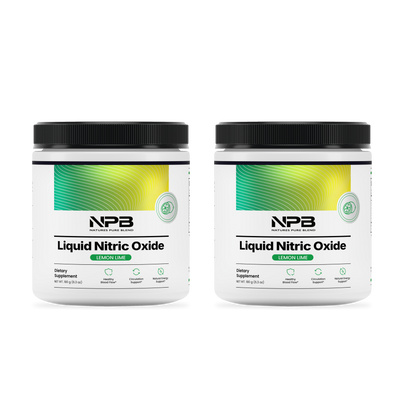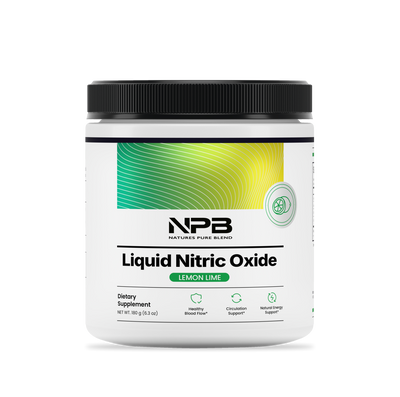Nitric oxide is more than just a chemical messenger—it’s a lifeline for your body. It relaxes your blood vessels, helping blood, oxygen, and nutrients reach your organs. When nitric oxide levels drop, your body quickly shows signs: high blood pressure, elevated blood sugar, erectile dysfunction, poor wound healing, muscle soreness, and even memory loss.
Your body’s ability to function depends on healthy blood flow. Endothelial cells—the cells lining your blood vessels—rely on nitric oxide to stay flexible and responsive. Without it, they can become damaged, setting the stage for cardiovascular issues over time.
The good news is that you can influence nitric oxide production. Simple habits like eating nitrate-rich foods and staying active support your body’s output. But just as important is avoiding the factors that drain nitric oxide. Here are the seven main culprits that can reduce your nitric oxide levels:
1. A Sedentary Lifestyle
Sitting for long periods slows blood flow and reduces nitric oxide production. Regular movement signals your blood vessels to produce more nitric oxide, keeping circulation healthy. Even short bouts of walking or stretching throughout the day can make a difference. [1]
2. High Sugar Intake
Excess sugar causes oxidative stress, which can damage the endothelial cells responsible for nitric oxide production. Maintaining stable blood sugar levels through diet can help preserve nitric oxide and protect your blood vessels. [2]
3. Chronic Stress
Ongoing stress floods your system with cortisol and other stress hormones. These interfere with nitric oxide production and impair blood vessel function. Practices like deep breathing, meditation, and brief relaxation breaks can help reduce the drain. [3]
4. Poor Sleep Quality
Your body regenerates and maintains nitric oxide production during deep sleep. Lack of restorative sleep or disrupted sleep cycles lowers nitric oxide availability, affecting blood pressure, energy, and recovery. Prioritize consistent sleep to protect your circulatory health. [4]
5. Smoking and Environmental Toxins
Tobacco smoke, air pollution, and exposure to heavy metals create oxidative stress, which depletes nitric oxide. Limiting exposure where possible and supporting detoxification pathways helps your body maintain healthy levels. [5], [6]
6. Excessive Alcohol Consumption
Alcohol in large amounts can interfere with nitric oxide synthesis, impairing blood flow and vessel function. Moderation is key to keeping your nitric oxide production optimal. [7]
7. Aging and Nutrient Deficiencies
As you age, your body naturally produces less nitric oxide. This decline can accelerate with insufficient intake of critical nutrients such as L-arginine, L-citrulline, and antioxidants like vitamin C and E. Supporting your diet with these nutrients helps counteract age-related loss. [8], [9]
Conclusion:
Nitric oxide is a cornerstone of your health. It ensures blood flows smoothly, nutrients reach your organs, and your body performs at its best. When nitric oxide levels drop, your energy, recovery, endurance, and even mental clarity can take a hit.
By avoiding the seven factors above, you protect your body’s natural ability to produce nitric oxide and maintain healthy circulation. Combine this awareness with positive habits—like staying active, sleeping well, managing stress, and supporting your diet with key nutrients—and you create an environment where your blood vessels and cells thrive.
Think of nitric oxide as the invisible engine that powers your body’s daily functions. Neglect it, and you feel it in fatigue, soreness, and slow recovery. Protect it, and your body performs better, your energy stays higher, and your organs stay nourished.
Even small changes—like moving more, reducing sugar, and prioritizing sleep—compound over time. They help your body maintain nitric oxide naturally, supporting long-term health, vitality, and performance. Your blood flow is your body’s lifeline. Keep it strong, and everything else follows.
